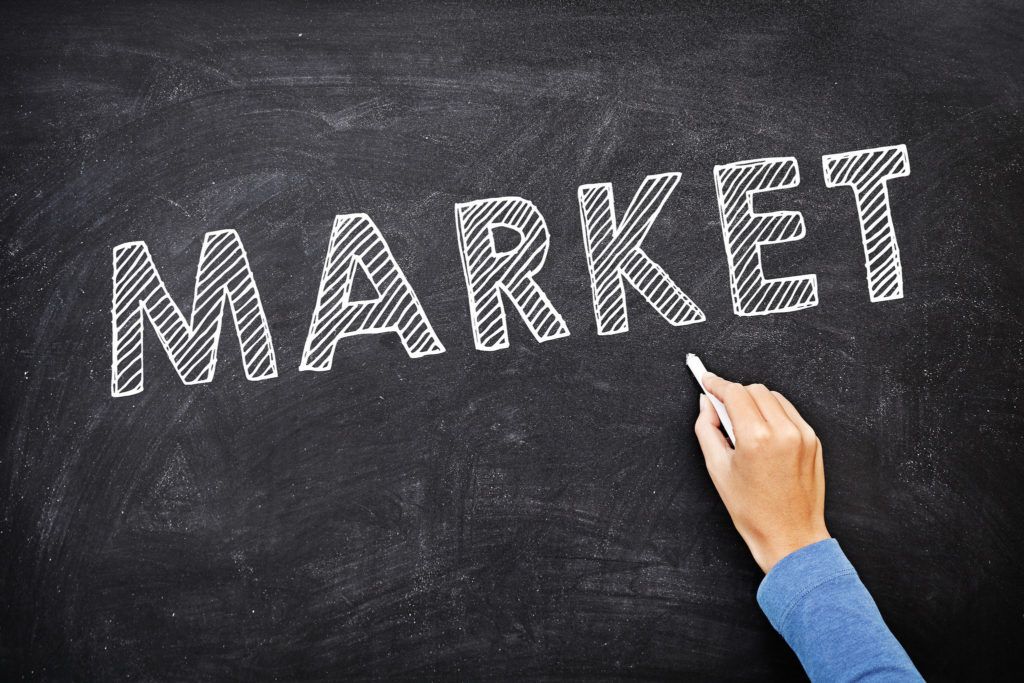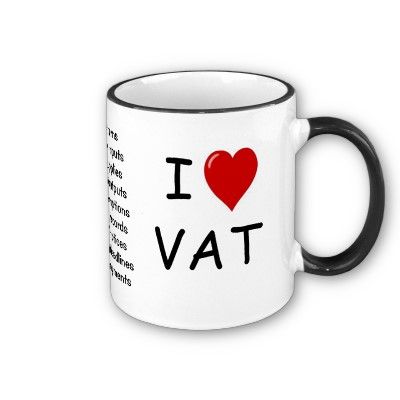You have an online business that is going very well in the Netherlands and you are thinking about opening your borders and selling abroad. Congratulations, this is a great decision. There are countries in Europe and outside the European Union that are willing to buy products like yours, so you need to make it easy for them.
Of course, there are many things you have to take into account before you decide to take the big step, so that everything goes well from the beginning.
In this article we will talk about the basic requirements for exporting, then it is up to you to research the specific regulations established for the product or service you want to export.
Things to consider before deciding to internationalise your business
There are several factors to consider before deciding to sell abroad.
The first thing we must ask ourselves is: will my product or service have demand in other countries?
To answer this question what you have to do, the same as whenever you start a new business, is to conduct some thorough market research.

Market Research
If you have an existing business that sells well in the Netherlands, I am sure you have already completed this important task. Now it’s time to carry it out by doing a market research in the different countries you want to focus on. Experts always advise to concentrate first on the countries in which you think your product or business will be most successful, then you can always expand to other horizons.
There are several techniques to conduct a market research, such as internet research, statistics, surveys, interviews, social media, etc. This article goes in-depth on each of them.
The main objective of this research is to have a fairly accurate idea of the economic situation of our target audience, the existing demand for our product or service and a knowledge of the competition.
Research of the buyer persona
Buyer persona is the term used in marketing to name our target customer. It is very important to make as concrete a sketch as possible of our ideal client in order to design a marketing campaign totally focused on this audience.
Social networks are a treasure when it comes to researching our buyer persona as we can obtain valuable information about the tastes and interests of our audience by looking at the comments on interest groups, articles they share or the photos they upload.
Instagram and Facebook are full of clues to better define our customer and thus be able to speak directly to them through our marketing campaigns.

The objective is to be able to define what it is that moves them to buy your product or service. It is also important to investigate what they like and what they don’t like about your competition. You can do this by reading customers’ reviews on Amazon or the comments they leave directly on your competitors’ websites.
Unique value proposition
There will always be competition in the country or countries where we want to sell. And if there isn’t, it’s because our product is innovative or there is simply no demand for it. If we have done a good market research and a better research of our buyer persona we will know if there could be a demand for our product even though there is no competition.
If there are competitive products or similar services, which will be the majority of cases, we will have to differentiate ourselves from them if we want to be successful.
To be able to differentiate ourselves from the competition we have to look closely at what they are doing well, and not so well, to be able to find our unique value proposition. That certain something that differentiates us from everyone else. There always is, what happens is that sometimes it’s not so obvious and you have to make a real effort in research and development to find it.
It’s what’s going to make the difference, so every effort will be rewarded.
Marketing
Marketing is vital for survival and economic success of businesses. Without enough investment in marketing it will be very difficult for us to have a place in the market.
Therefore, it is very important to define the marketing strategy that we are going to use in each country. I will discuss this in more detail in the next section. Now let’s continue with the basic requirements to export successfully.
Establish an adequate infrastructure
This point is obviously transcendental when deciding to sell outside our borders. We need the appropriate logistics which allows us to transport physical products in the most efficient way at the lowest possible cost and make sure that we comply with all the legal requirements in the country of sale.
If you are selling digital products or services, you will have to make sure that the licenses and documentation are valid in other countries.
Carry out appropriate stock planning and production
When we start selling in a new country, and despite having done extensive market research, we will never know exactly how our product or service is going to work until after a trial period. That is why the stock and manufacture planning must be done with caution and common sense.

We must always keep in mind the premise “sell before you make more” but of course we must not run out of stock and risk future sales.
Although sometimes having limited stock can help create expectation and increase demand.
Choosing the right strategy and continuous sales analysis is paramount to defining an optimised sourcing plan.
The marketing strategy to export outside the Netherlands
As we have mentioned before, marketing is something fundamental to sell, not only in the Netherlands but everywhere. If we have done a good research of the buyer persona we will be able to know where our customers are, that is to say, what social media they use, what type of advertisements work or what type of message and images we should use to reach them.
We have to adapt the message to that audience, which will sometimes differ from country to country.
What is also essential is to have our website in international English as well so that it can work in any country, as well as our Facebook page and Instagram accounts.
In most countries English is being assimilated as a natural second language, simply because it is the language of international communications and the Internet.
This is an advantage for all businesses that want to sell abroad because instead of having the website in a multitude of languages, very soon it will only be necessary to have it in the local language and in English.
Obviously if we see that in a non-English speaking country there is a very interesting demand for our product or service, it will always be better to invest in a campaign in the local language, as it will reach customers in a more natural way if it is in their own language.
But more and more people, especially young people, do their internet searches in English, because they know they will find more information and more options.
It is clear that if our target market is Europe, the United States or Asia, we have to design our campaigns in English.
Tax formalities

I have left for the end the boring subject, taxes. Just listening to the word “taxes” makes us shake, but the truth is that they are the foundations of a democratic system, whether we like it or not.
It is also a somewhat complicated issue for those who are not good with numbers and regulations, but I think it is important to have an idea of how the tax system works when exporting our products or services outside the Netherlands.
This article from the EU government details what type of taxation is applied in most cases.
This is a summary of the details to be taken into account when it comes to taxation within the EU:
If you offer your services to foreign companies (B2B) within the EU, it is up to them to declare and pay VAT as recipients of the service.
If you contract the services of intra-community companies, the taxable person is reversed and the obligation to pay tax falls on you.
Please note that the reverse charge only applies in the case of sales to customers in the EU and some other countries (e.g. Switzerland), but in general it does not apply to invoices to countries outside the EU.
Depending on the country in which your company resides, you will be able to use the VAT system for small businesses and thus you will not have to collect or process VAT on sales to your customers, as long as you are below the established billing limits. However, if you make use of this system, you will not be refunded VAT on purchases of your company.
If you move the goods to another EU country, you do not have to pay taxes, but certain accounting and bureaucratic obligations must be met. You have to send a totals report, get a local VAT number, and you have to issue a proforma invoice.
When exporting products to other countries within the EU you have to take into account the VAT thresholds. With the exception of Germany, the Netherlands and Luxembourg (€100,000 each) the VAT thresholds are only €35,000, moreover, in the UK you have to include the VAT there from the first pound.
You also have all kinds of exceptions and different procedures if you sell over the internet and apply the VAT-MOSS procedure (Mini One-Stop Shop). Thus, from 2015 onwards, automated digital products are always subject to the VAT of the customer’s country of residence.
We can also make use of software that calculates the taxes for us and even invoices for our company, as it’s the case of Hotmart, for instance, for digital products.
The best way to make sure we are doing things right is to hire a tax advisor to guide us.
There are many opportunities out there that are waiting for you, seek them out and go grab them.
[BTEN id=”134″]



0 Comments